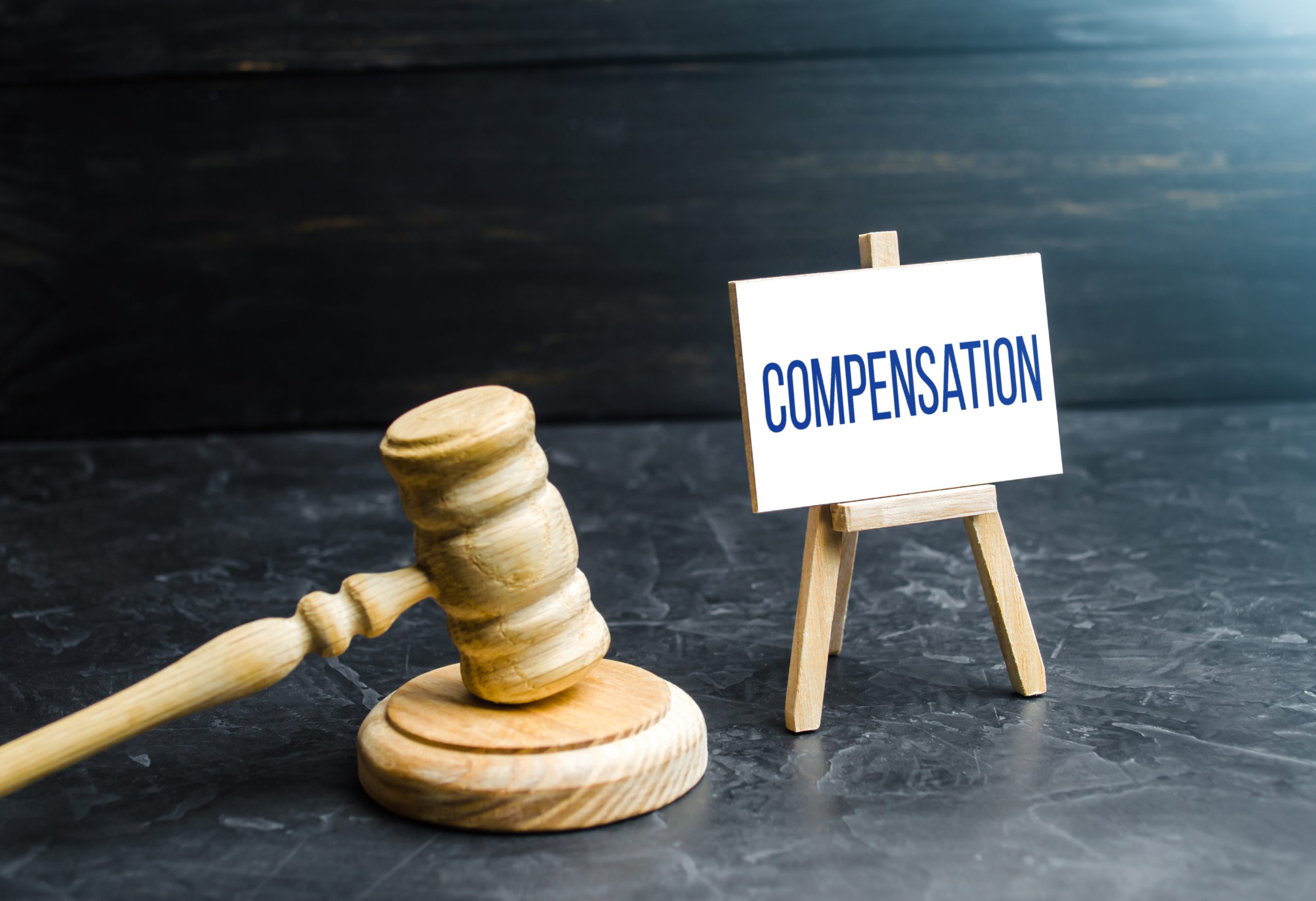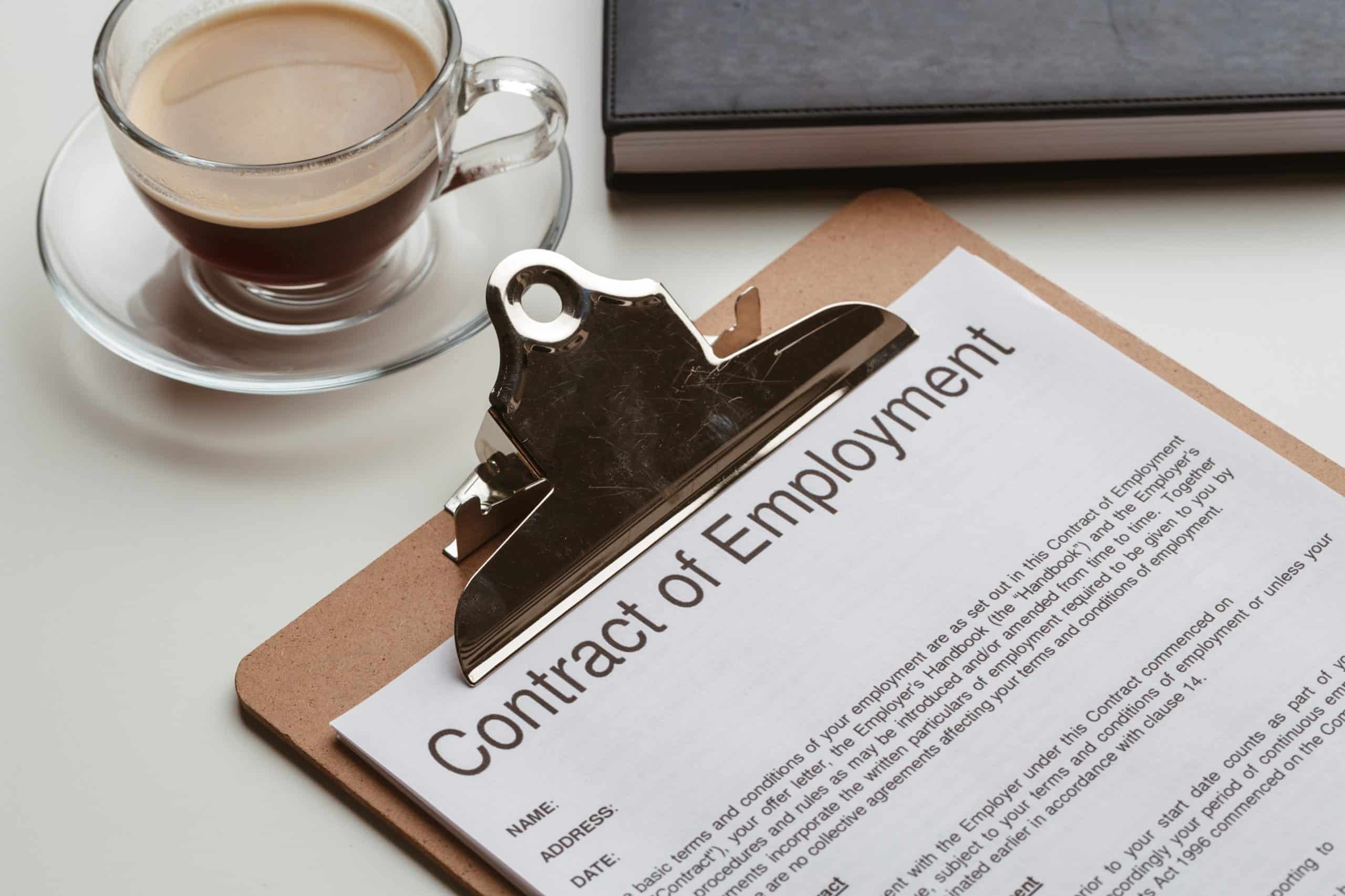Unraveling the Legal Knot: What to Do When Your Parked Car Gets Hit – Guest Post

Have you ever returned to your parked car, only to find it’s been hit, and the other driver is gone? It’s a moment of frustration and confusion that no one wants to experience. But life has its surprises, and dealing with a hit parked car is one of them.
In this guide, we’ll solve the complexities of what to do when your parked car gets hit. Whether the damage is minor or significant, knowing the correct steps to take can make all the difference. We will guide you through each essential step. From checking the damage, notifying the authorities, knowing your rights, and restoring your vehicle.
So, if you’ve found yourself in this situation, fear not! By the end of this guide, you’ll be well-prepared to tackle the legal knot and get your car back on the road, looking great.
Let’s dive in!
1. Assess the Damage
When you discover that your parked car has been hit, the first step is to assess the damage calmly. This is a crucial stage where documenting everything accurately becomes paramount.
You can start by taking clear photos from various angles, showing the damage and the surrounding area. Pay special attention to capturing unique identifiers, such as paint marks from the other vehicle that hit yours.
In addition, it’s important not to move your car just yet. Keeping it in its original position after the crash helps maintain an accurate incident record. These initial steps are crucial for any insurance or legal claims you might need to make after your parked car is hit.
2. Know Your Rights
In the unfortunate event of someone hitting a parked car, understanding your legal rights becomes essential. Remember, different states have different laws regarding incidents like these. So, take the time to familiarize yourself with the relevant laws and regulations in your area.
You can find this vital information on legal websites. However, navigating these legal aspects on your own might be a daunting task. In this instance, do not hesitate to consult with an experienced personal injury attorney.
They can provide you with a comprehensive understanding of your rights and what to expect throughout the process. It ensures that you won’t be taken advantage of during the process. Ultimately, it empowers you to make well-informed decisions every step of the way.
3. Collect Witness Information
A witness’s description of the incident can significantly strengthen your claim. Especially when it comes to detailing how your parked car was hit. So, if there were any witnesses to the accident involving your parked car, approach them politely. Then, ask them to provide their contact information if they are willing.
Their testimony adds credibility, confirming your account of the events that transpired. This information is crucial for ensuring you receive the appropriate compensation. Also, both your legal authorities and insurance company may need to contact them to obtain statements.
In addition, remember to be respectful and understanding, as some individuals might hesitate to get involved. However, securing the contact details of even one witness can substantially enhance the strength of your case.
4. Contact the Authorities
Now, it’s time to call the police. Reporting the incident is essential, even if the damage seems minor. A police report provides an official record crucial for insurance claims and legal proceedings.
When the police arrive, provide a clear, accurate description of what you found. Additionally, collect the responding officer’s name and badge number. You can also ask how to obtain a copy of the police report. This report will include details like the incident’s time, location, and nature, which are vital for your records.
5. Notify Your Insurance Company
After discovering your parked car has been hit, contact your insurance company promptly. The swiftness of your report can significantly affect how smoothly the claims process goes.
When you call your insurance company, have your policy number ready and clearly explain what happened. This includes emphasizing that your car was parked when hit. This detail is crucial as it affects how your claim is handled.
The insurer will guide you through the claims process, which typically involves an assessment of the damage and determining the coverage. So, be honest and provide all the necessary details to avoid any complications in your claim.
Bottom Line!
Having your parked car hit can be a stressful experience, but staying calm is vital. By following these steps, you can handle the situation effectively. Remember, your proactive approach to protecting your rights and interests can make a significant difference in smoothly resolving this unpleasant scenario.
So, stay informed, stay organized, and don’t hesitate to seek professional advice when needed.













